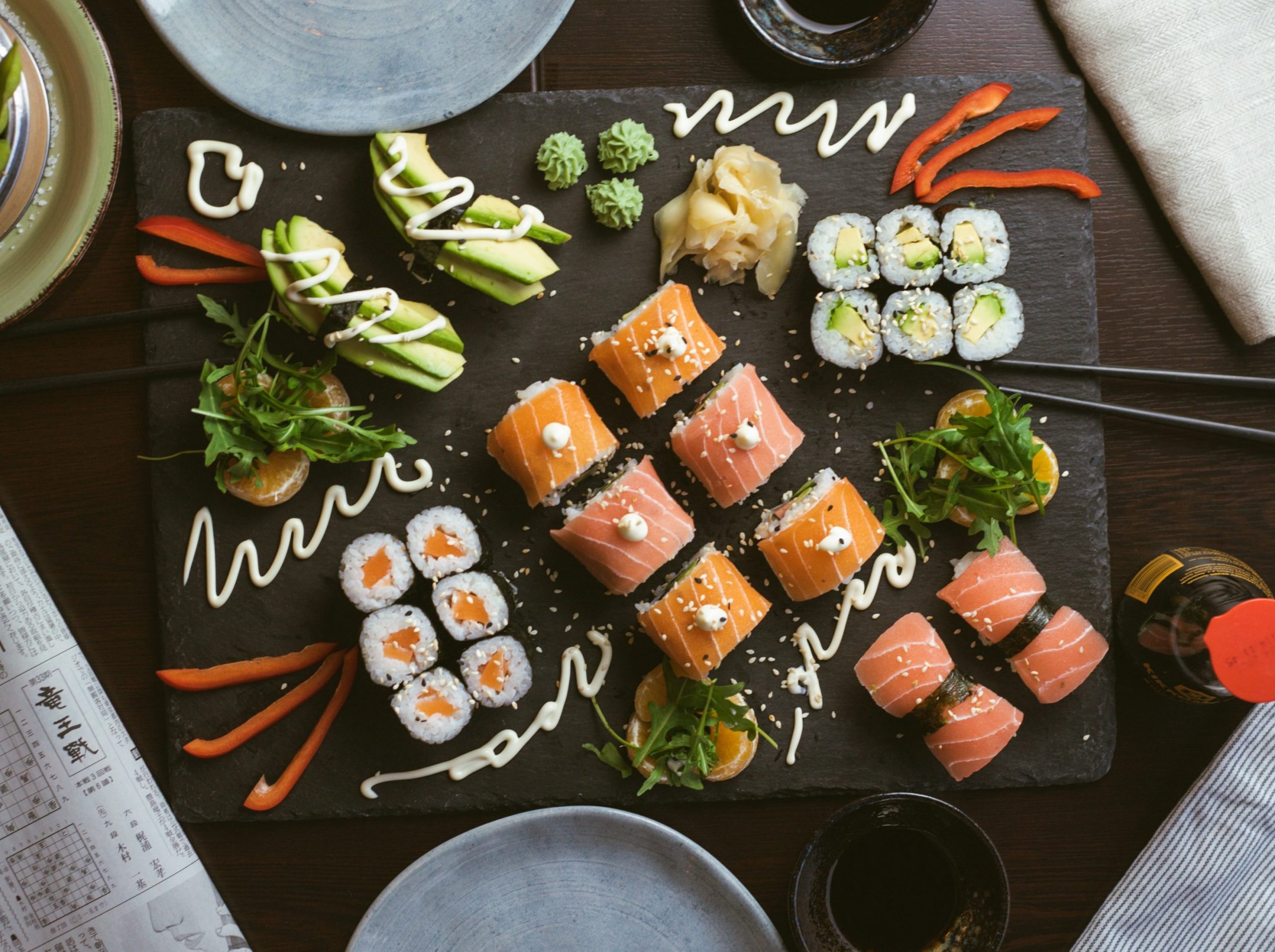
Weight gain, contrary to popular belief, can be a healthy endeavor when done purposefully and correctly. For individuals who are underweight, trying to build muscle, or need extra nutrition due to health conditions, gaining weight can lead to improved wellbeing. The key to healthy weight gain is consuming more calories than your body burns, but it’s also important to focus on nutrient-rich foods for overall health. Weight gain, simply put, is an increase in body weight. This can involve an increase in muscle mass, fat deposits, or excess fluids such as water. However, to comprehend the science behind weight gain, we need to delve into topics like energy balance, metabolism, macronutrients, and genetics.
Important Reason and for Weight Gain
Energy Balance: This is arguably the most fundamental concept to grasp for understanding weight gain. In the simplest term, energy balance refers to the balance between the energy you take in (through foods and beverages) and the energy you expend (through maintaining bodily function and physical activity). If you ingest more calories than you burn (positive energy balance), your body stores the excess energy, leading to weight gain.
Metabolism: The rate at which your body utilizes energy or burns calories is your metabolic rate. Various factors for mota hone ka tarika can affect your metabolism, like age, muscle-to-fat ratio, physical activity level, and hormones.
Genetics: Genetic factors may affect how your body processes food and regulates energy expenditure. They can also influence your body composition, fat distribution, and susceptibility to certain health conditions like obesity.
Hormonal Influence: Certain hormones (like insulin, leptin, and ghrelin) play crucial roles in hunger, satiety, and energy storage, which can affect body weight. Any imbalance can lead to weight gain.
Lifestyle and Behavior: Physical activity, dietary habits, sleep patterns, and stress levels can remarkably influence your body weight. Sedentary lifestyle, poor diet, lack of sleep and chronic stress are all associated with weight gain.
Remember, everyone’s body reacts differently to food and exercise due to genetic variation. Therefore, understanding weight gain in its entirety becomes a complex science, entailing far more than only calories in versus calories out.
In order to manage weight effectively, a comprehensive knowledge is needed to grasp how these different factors interact, and adopting a balanced diet and regular exercise routine is fundamental. Always consult for body buildo with health professionals to receive advice tailored to you.
Here are Some Essential Foods that can Help You Gain Weight:
Proteins
Lean Meats: Chicken, turkey, lean cuts of beef or pork are high in protein and can help you gain muscle mass.
Fish: Oily fish like salmon, mackerel, and tuna are rich in protein and healthy fats.
Eggs: They are a good source of protein and fats. They also contain essential vitamins and minerals.
Dairy: Milk, cheese, and yogurt are high in protein, calcium, and vitamin D.
Plant-Based Proteins: Lentils, chickpeas, beans, tofu, tempeh, and seitan are excellent sources of protein for vegetarians and vegans.
Carbohydrates and Fiber
Whole Grains: Foods like brown rice, oatmeal, whole grain bread, and pasta provide calories and fiber.
Starchy Vegetables: Potatoes, sweet potatoes, corn, and peas are rich in carbohydrates and fiber.
Fruits: Fresh fruits like bananas, apples, berries, and oranges provide natural sugars, fiber, and various beneficial compounds and antioxidants.
Legumes: Beans, lentils, and peas are excellent sources of fiber and protein.
Healthy Fats
Avocados: High in monounsaturated fats and calories.
Nuts and Seeds: Almonds, walnuts, flax seeds, chia seeds, and so on. They are calorie-dense and provide healthy fats.
Healthy Oils: Extra virgin olive oil and avocado oil are good sources of monounsaturated fats.
Here is A Sample Meal Plan for A Day:
Breakfast
2 whole grain slices of bread with 2 tablespoons of almond butter, 1 banana, a glass of whole milk, mid-morning Snack, a handful of mixed nuts, lunch, grilled chicken breast, quinoa salad with mixed vegetables, avocado slices, mid-afternoon snack, greek yogurt with honey and granola, dinner, baked salmon, sweet potato, steamed broccoli, evening Snack, cottage and cheese with pineapple.
Remember, these are just examples, and your meal plan may vary based on your dietary needs and preferences. It’s important to consult with a health professional or a registered dietitian before making significant changes to your diet.
Main Conclusion of Weight Gain
Healthy weight gain involves more than just eating more calories. It’s about consuming nutrient-dense foods that provide the necessary vitamins, minerals, proteins, carbohydrates, and fats your body needs. Pairing a balanced diet with regular physical activity, preferably strength training, can help you gain weight in a healthy way. Make sure to adapt your diet and exercise routine to your personal needs and goals.





